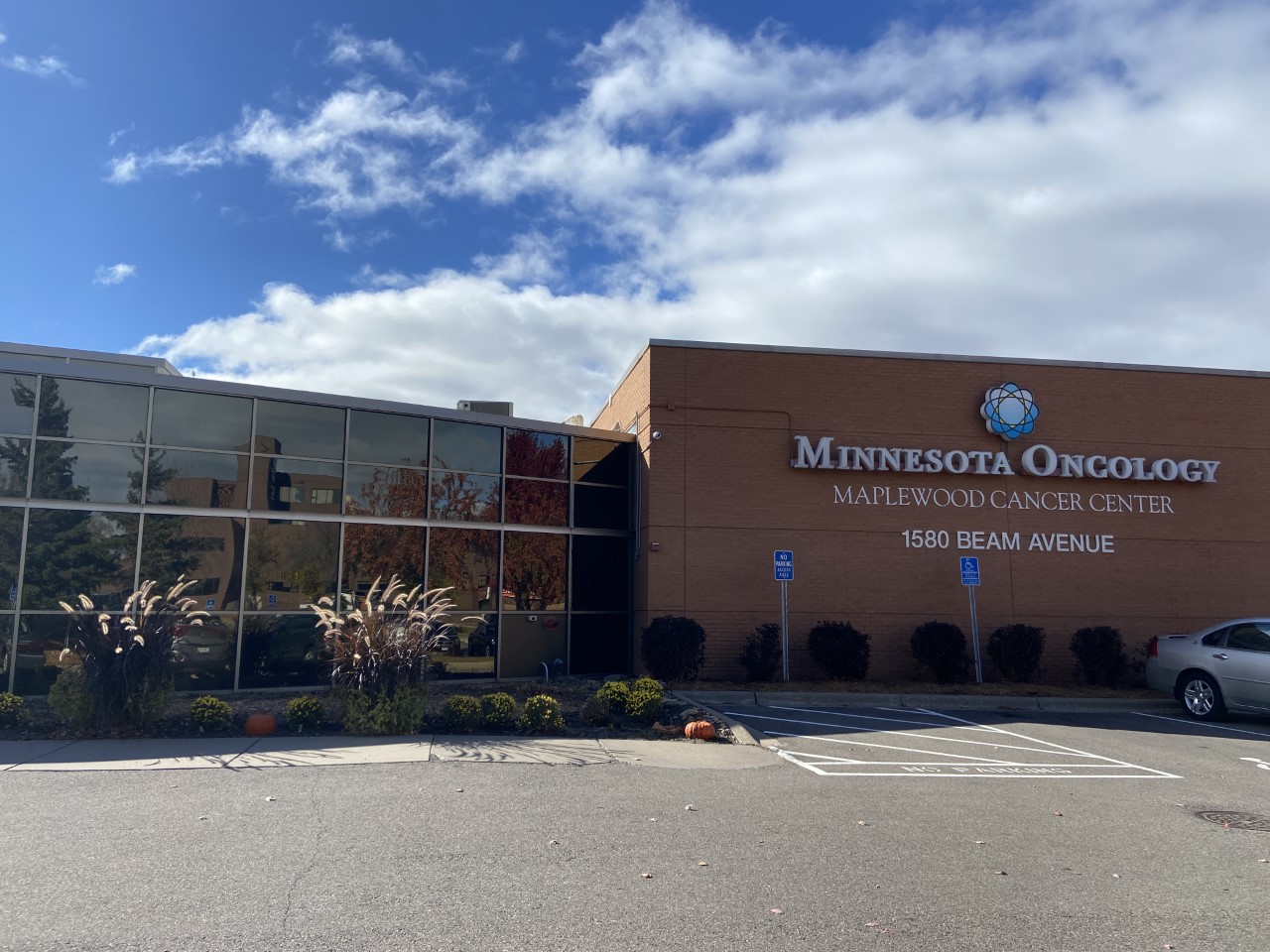It can be challenging to think about how your life may change after receiving a cancer diagnosis. Having to bring a deeply personal discussion to the workplace can add to that mental struggle. But over the long term, creating a plan you can reveal in your time and at your comfort level can be a source of relief.
Do I Need to Tell Coworkers I have Cancer?
There is no requirement to tell your boss or coworkers about a cancer diagnosis, but it can make your professional life smoother over the course of your treatment. Telling your supervisor early can make it easier to plan for the time you need to balance work and cancer treatment. Discuss the possibility of shifting your schedule, calendaring time off, and reorganizing your workload. Request periodic check-ins to provide the opportunity for reassessment.
Informing HR can give you a greater understanding of company policies and the federal protections offered by the Americans with Disabilities Act (ADA) and Family and Medical Leave Act (FMLA). These conversations are confidential. Your employer is not allowed to inform other employees about your medical condition. It is your choice when and to whom to disclose private information, if at all.
If you decide to tell coworkers, you may consider the size and culture of the company to determine who should know. Whether you tell a large group or just a few colleagues, remember that confiding in your peers can create a foundation of support and compassion during those times you may need extra help.
How Do I Prepare for Difficult Conversations?
Prepare in advance. The only rules about disclosure are the ones that give you the greatest sense of comfort. Writing down or rehearsing the points you want to address will help steer the conversation. Consider asking someone to speak on your behalf if this conversation may be too emotional for you to lead. Key issues you might wish to cover:
- How long you expect treatment will last
- When you expect to return to work if taking a leave of absence
- Schedule changes
- Requested accommodations for workload, if necessary
- How you wish to talk about your cancer journey when at work
Questions may arise that you can’t answer. It is okay to say that you don’t know or are not ready to discuss specific issues. Well-meaning associates may want to overshare or be overly inquisitive in their attempt to connect and help. You can set a boundary for what is acceptable to talk about in the workplace. Your team will understand when you must stop or redirect a conversation.
What if You Are the Employer or Business Owner?
It can be daunting to approach your staff with a personal share. Still, it could be in your best interest to inform your employees if there are noticeable shifts to your routine or visible changes in your appearance. You may tell a trusted advisor, a small group of managers, or all employees. A candid approach may be reassuring for your team.
If you decide to share with clients, focus the discussion on how you will handle their business. Let them know when and how you will be available. Communicate how their projects will be managed. There may be a wide range of reactions, but your end goal is to maintain the consistency of your business. Keeping the relationship professional and providing a sound plan will ensure it does.
Finding Support
Discussing your treatment at work might feel like another project you are responsible for spearheading.
Remember that there are support services just for you. The American Cancer Society offers a search tool that connects cancer patients to programs, services, and emotional support groups that keep the focus on healing and self-care.
For related information, please refer to https://www.mnoncology.com/support/support-through-cancer.
The doctors and staff at Minnesota Oncology are here to help. We have served the Twin Cities for over 25 years. Our mission is to combine the strength of hope with the power of science, one patient at a time.
We strive to deliver patient-centered, comprehensive, and compassionate care in community cancer centers using best practice, state-of the-art therapies and research, in order to be the premier provider of care for patients with cancer and blood disorders in the region.
Our team specializes in:
- Medical Oncology
- Hematology
- Radiation Oncology
- Gynecological Oncology/ Surgery
- Thoracic Oncology/ Surgery
- Breast Surgery
About the #workingwithcancer Pledge
50% of us will get cancer in our lifetime2. 50% will be afraid to share this fact at work1. 92% of patients believe the support they get at work positively impacts their health3. Let’s pledge to build a supportive workplace for those who are living with cancer.
We aim to abolish the stigma and insecurity that exists for people with cancer in the workplace. We stand together to provide a more open, supportive and recovery-forward culture at work for all employees with cancer. Join us at #workingwithcancer
Join the growing number of partners who have taken the #workingwithcancer pledge of support for people with cancer, so no one has to feel afraid again.
Sources:
- Before You Share Your Cancer Diagnosis at Work - Patient Empowerment Network (powerfulpatients.org)
- Whom to Tell | Cancer and Careers
- Telling Your Employees | Cancer, Work and You | Cancer Council NSW
- How to Tell Your Employer You Have Cancer: 6 Thoughtful Tips | CaringBridge
. . . . . . . . . . . . . . . . . . . . . . . . . . . . . . . . . . .
- Cancer@Work study
- British Journal of Cancer and International Agency for Research on Cancer (IARC) - Est number of new cases. all cancers, sexes, ages (2020)
- Publicis Custom Research







